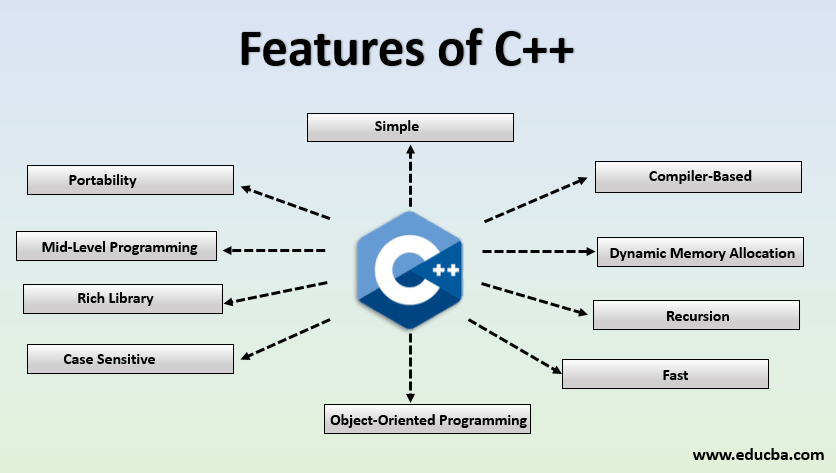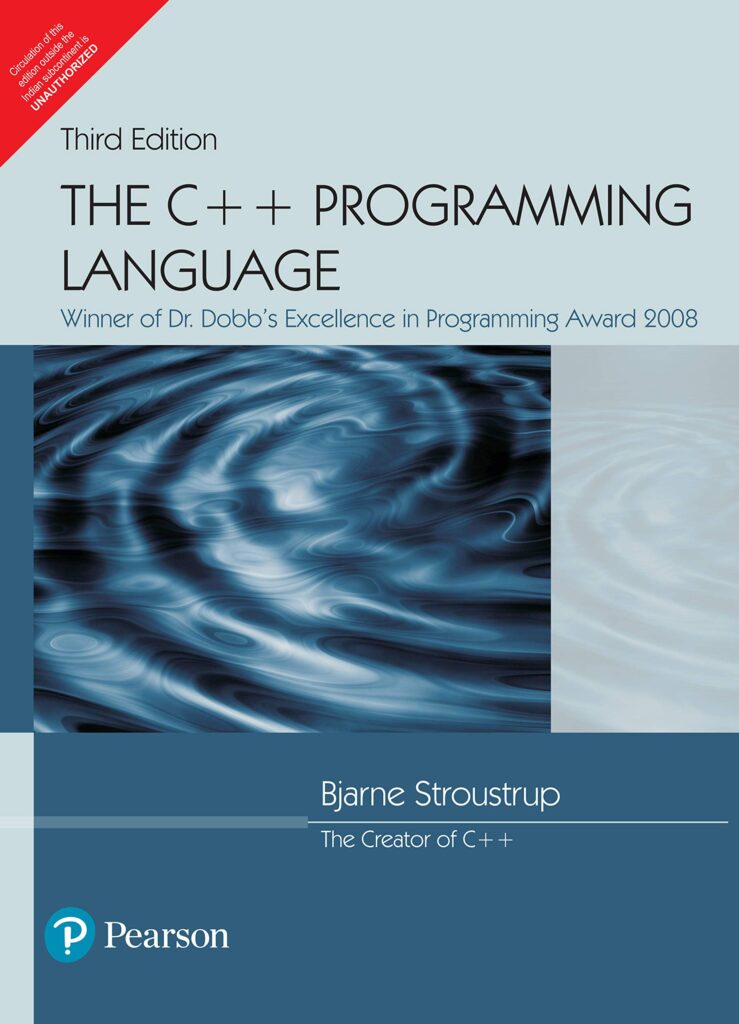C++ is a general purpose programming language and widely used now a days for competitive programming. It has imperative, object-oriented and generic programming features. C++ runs on lots of platform like Windows, Linux, Unix, Mac etc.

C++ is a cross-platform language that can be used to create high-performance applications.
C++ was developed by Bjarne Stroustrup, as an extension to the C language.
C++ gives programmers a high level of control over system resources and memory.
The language was updated 3 major times in 2011, 2014, and 2017 to C++11, C++14, and C++17.
Why Use C++
C++ is one of the world’s most popular programming languages.
C++ can be found in today’s operating systems, Graphical User Interfaces, and embedded systems.
C++ is an object-oriented programming language which gives a clear structure to programs and allows code to be reused, lowering development costs.
C++ is portable and can be used to develop applications that can be adapted to multiple platforms.
C++ is fun and easy to learn!
As C++ is close to C# and Java, it makes it easy for programmers to switch to C++ or vice versa

C++ was designed with an orientation toward system programming and embedded, resource-constrained software and large systems, with performance, efficiency, and flexibility of use as its design highlights. C++ has also been found useful in many other contexts, with key strengths being software infrastructure and resource-constrained applications, including desktop applications, video games, servers (e.g. e-commerce, web search, or databases), and performance-critical applications (e.g. telephone switches or space probes).
For further reading refer to:
https://en.wikipedia.org/wiki/C%2B%2B
https://www.w3schools.com/cpp/cpp_intro.asp
https://www.programiz.com/cpp-programming
Suggested Readings:

Object Oriented Programming on C++ by Mcgraw Hill
C++ Programming Language, The by Addison-Wesley Professional
Object Oriented Programming with C++ by Oxford University Press

